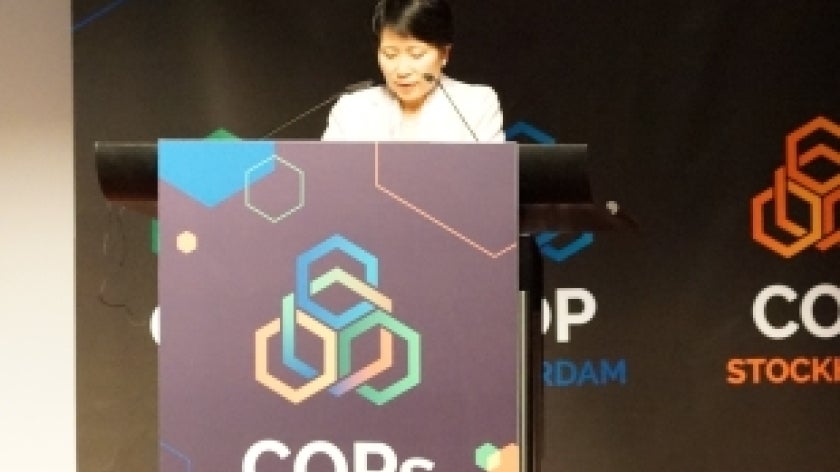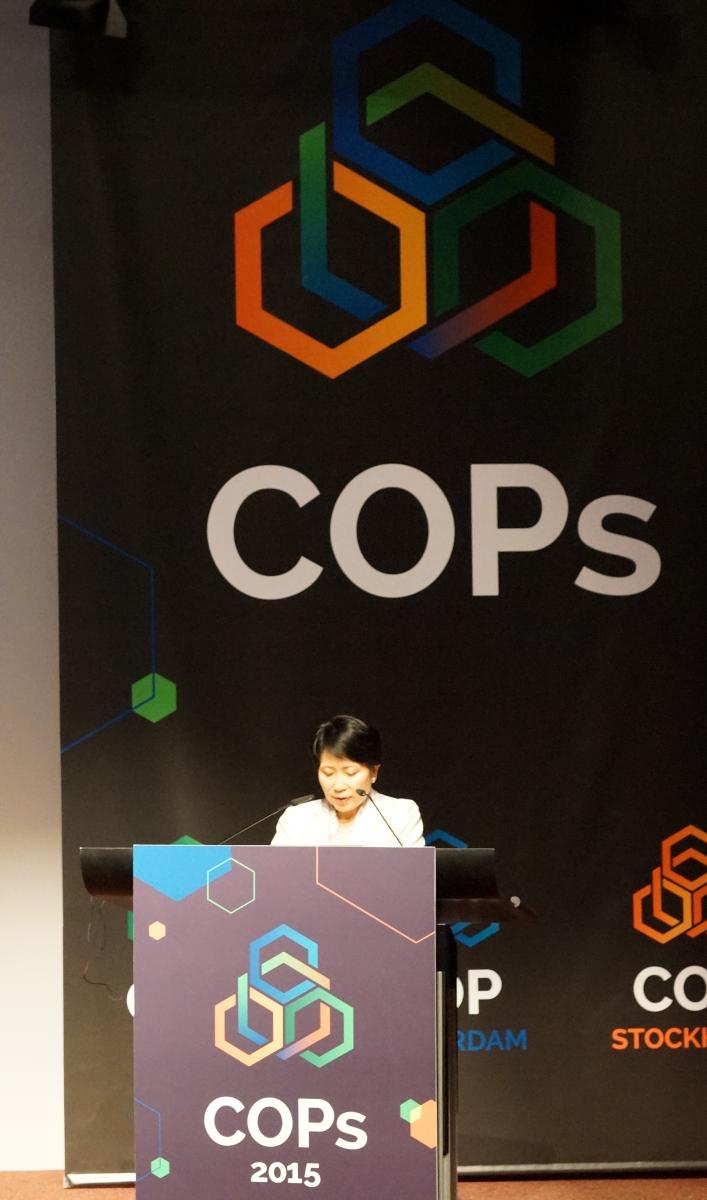
At the Conferences of the Parties (COPs) of the conventions dealing with chemicals and waste, the Basel, Rotterdam and Stockholm Conventions (BRS) taking place in Geneva, Switzerland this week, the GEF CEO Naoko Ishii announced that donors have allocated 30% more funds for the chemicals and waste focal area for the 6th replenishment of the GEF Trust Fund, as compared to the 5th replenishment. The record allocation of $554 million for chemicals and waste will support countries to implement projects that fulfill obligations under the Stockholm Convention, the Minamata Convention, the Montreal Protocol, and the Strategic Approach to International Chemicals Management (SAICM).

“GEF projects approved in the last two years will eliminate over 25,000 tons of some of the world’s most dangerous chemicals,” said Naoko Ishii during the joint opening ceremony. “But we can do more and we need to aim even higher in the coming years if we are to rid our planet of these persistent pollutants, and ensure that they do not compromise our aspirations for sustainable development in the future.”
At the BRS COP, the GEF CEO also set the stage for a high-level discussion on how science, technology and innovation can tackle drivers of chemicals and waste. The session focused on plastics as a driver of persistent organic pollutants (POPs) pollution, and on how taking a life-cycle view of plastic can facilitate a more effective elimination of POPs from the environment. Experts discussed options such as green chemistry and circular economy where waste is turned into a resource rather than a burden. Strong involvement of the private sector was also emphasized as a necessary condition for addressing the major drivers of chemicals and waste, including the proper treatment of electronic waste which is a growing challenge for many countries. The discussion also explored how integrated approaches can be effective ways to address global environmental concerns, such as marine debris, food security, and climate change where lifecycle management of plastic could play a role.
“There are a number of ways to reduce plastic pollution including improved waste management and recycling. Even more interesting would be to design plastics without toxic elements,” Naoko Ishii told the audience at a GEF side event at the BRS COPs on Monday. “Science and innovation is very important to me. I see the GEF as a mechanism for global change and in order to truly achieve the multiple environmental benefits that we seek, especially in terms of chemicals and waste, we will need to find innovative solutions based on sound science.”
The GEF operates the financial mechanism of the Stockholm Convention, is the major part of the financial mechanism for the Minamata Convention, and supports synergies among the chemicals and waste Multilateral Environmental Agreements. The GEF-6 strategy aims to bring about systematic change in reversing the challenging chemical and waste issues by ensuring cost effective investments are made into prevention of pollution.